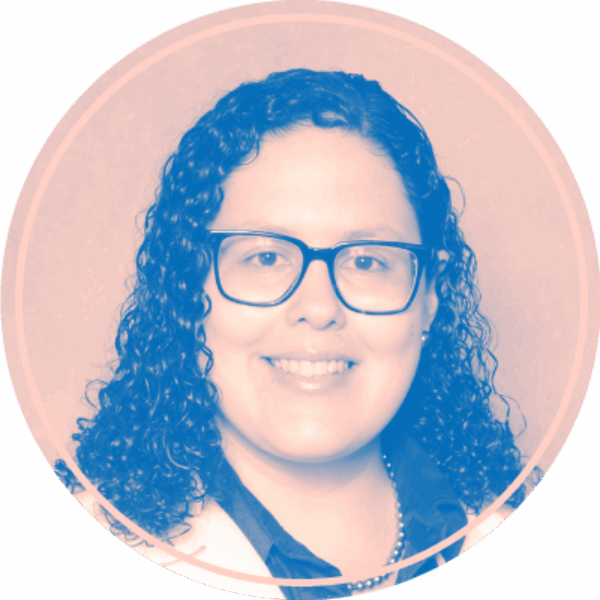Meet Our Advocates: Dr. Kristyn Brandi

What are your gender pronouns?
She, her, hers (thanks for asking!)
Where are you from?
I was born and raised in New Jersey. My father is Puerto Rican and my mother was born in Panama but lived most of her life in Puerto Rico. They came to the mainland U.S. just before I was born.
What’s your specialty or area of expertise?
I am an Obstetrician-Gynecologist with fellowship training in Family Planning. My research interests are contraceptive coercion, reproductive decision-making, stigma, and medical education.
What first inspired you to become a doctor?
I was always a nerdy kid who enjoyed science and math. At the same time, I was moved by social justice causes and felt a need to serve the people in my community. I wanted to help people understand science and how it impacts their lives through their health. I remember going to doctor visits with my family members and feeling that they did not get the best care because of their background, and I wanted to change that for others.
What story about one of your patients most sticks with you?
During my fellowship, I saw a woman I’ll call Betty who was seeking a tubal ligation. I was the fourth doctor that she had seen to get this care—the first three denied her request. Betty was 27 and about to start law school. She had always known that having a child was not something that she wanted for herself, but no one would take her seriously because of her age. She understood the seriousness of her decision, even offering that she had the ability to pay for IVF in the future if she changed her mind. After hearing her story, I gladly provided her with the sterilization procedure that she had been denied by other doctors. I may be an expert on reproductive health care, but Betty is the expert on her life and what she needed to help her achieve her goals. I trust my patients to make the right decisions for themselves.
What current policy issue especially motivates you to be an advocate?
I remain invigorated by how much talk there is now around reproductive justice. We as a society have forgotten a lot of the injustices around reproductive freedom. Puerto Rico specifically has been targeted quite a bit—there were forced sterilizations not too long ago, and the trials for the first birth control pills were done there without women’s consent. Many marginalized populations like Black and Native American women share these histories. Women deserve better. We must always be mindful of how our counseling as doctors affects our patients’ decision-making and consider how current treatments like long-acting reversible contraceptives (LARCs) factor into these histories. I want women to have the ability to choose if/when to get pregnant, to have the birth control that best fits their needs, and to be able to raise their families with the proper social supports, free of systemic bigotry. Our patients deserve full realization of reproductive justice.
Who is your social justice hero?
Currently, my social justice hero is Carmen Yulin Cruz, the mayor of San Juan. She has done so much good by being unapologetic in her outspoken advocacy towards bringing awareness to the ongoing crisis in Puerto Rico after Hurricane Maria when many in the press have forgotten. There is still so much work that needs to happen to rebuild Puerto Rico, and I am hopeful that part of this will be reproductive health care. Women may have faced many new challenges after the hurricane, and I wonder how their plans on pregnancy may have changed since then. I hope that the people there have access to the reproductive health care they need.

